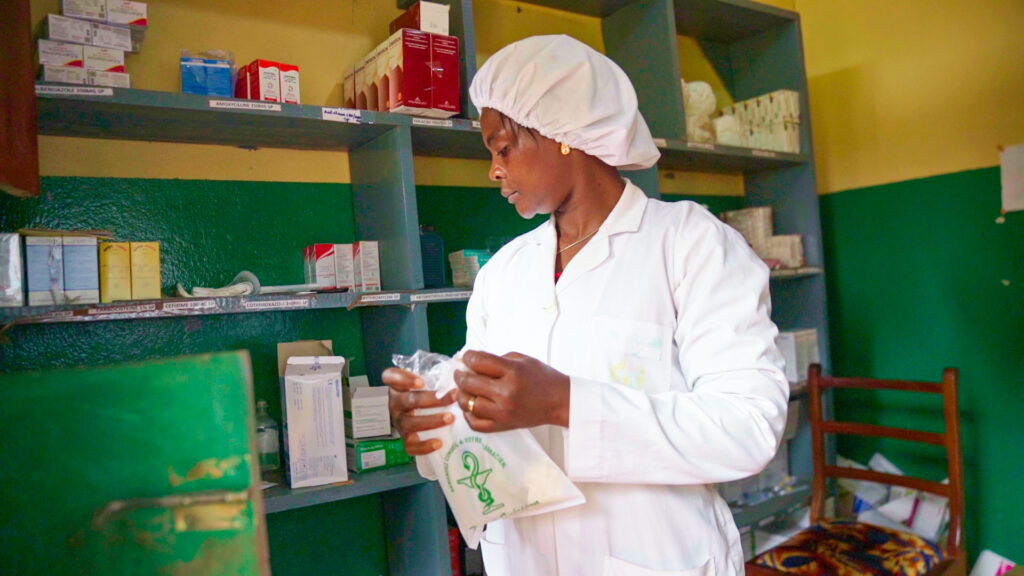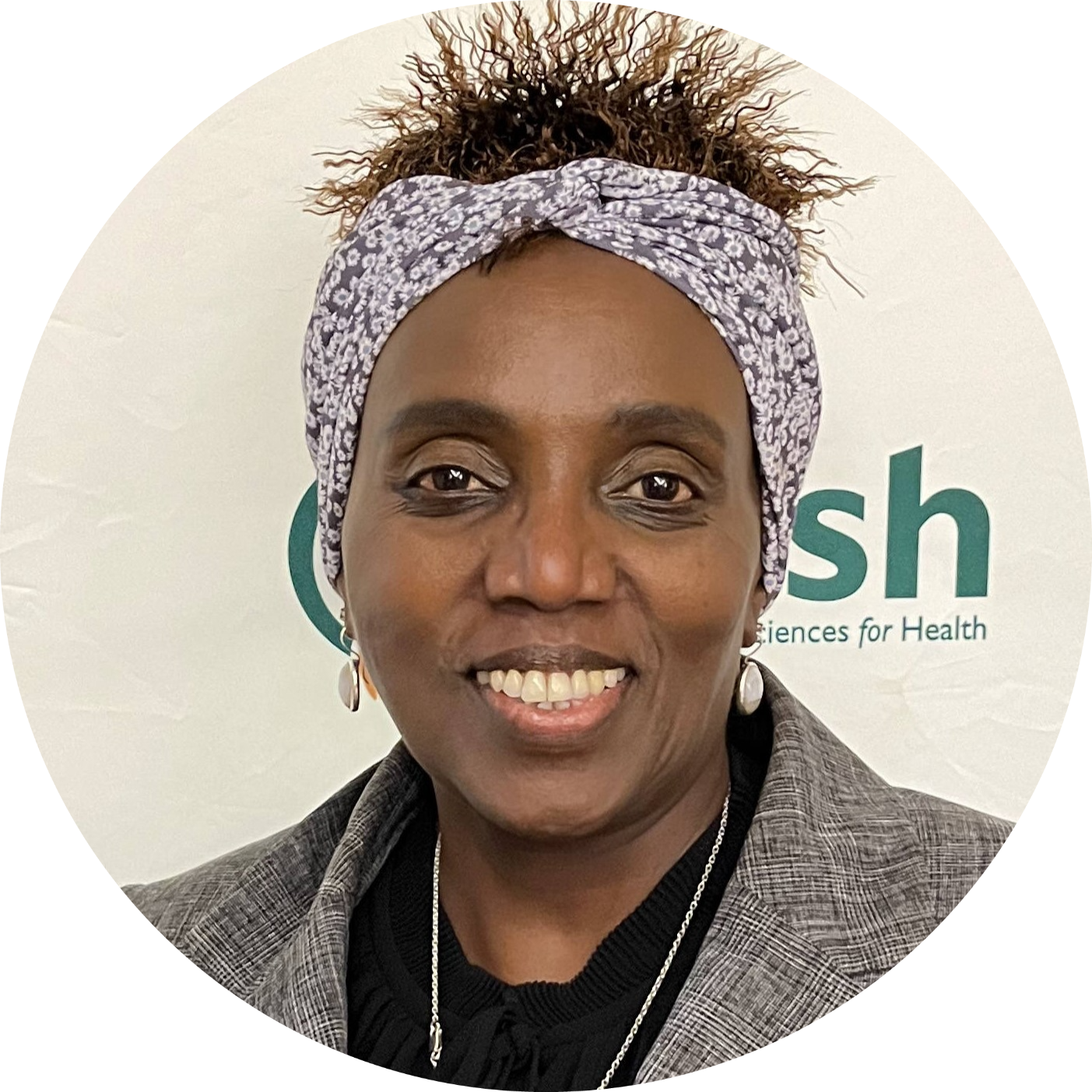NextGen Efficient Supply Chains Advance Patient Engagement (ESCAPE) Activity
NextGen Efficient Supply Chains Advance Patient Engagement (ESCAPE) Activity

Overview
An efficient and reliable supply chain is essential to establishing universal health coverage. But in Cameroon, patients face many obstacles to receiving the medications they need. Shipping delays, storage issues, and insufficient data often cause medicine stock-outs, while a lack of standardization has further strained the health workforce. Ensuring that medicines are safe and used properly is also a challenge, and antimicrobial resistance remains one of the deadliest health threats in the country.
Under the NextGen Comprehensive Technical Assistance award, MSH worked with local organizations Cameroon Baptist Convention Health Services, Empower School of Health, Jembi, and Iris Group to implement the NextGen Efficient Supply Chains Advance Patient Engagement (ESCAPE) Activity. The five-year project built on MSH’s longstanding partnership with the Government of Cameroon and focused on strengthening the country’s supply chain and pharmaceutical management system to ensure the consistent availability of high-quality, safe, and effective medicines. Through the NextGen ESCAPE Activity, MSH aimed to empower health workers through training and professional development programs, improve warehouse and distribution processes, and leverage digital technology to enhance data visibility.
We took an integrated approach to:
- Promote transparency, accountability, and effective governance
- Increase stock of critical medicines and medical products
- Strengthen the capacity of the health workforce and local institutions
- Build efficient information and data systems to drive decision making
- Establish public-private coalitions to contain antimicrobial resistance
Fact Sheet: NextGen Comprehensive Technical Assistance for Health Supply Chain and Pharmaceutical Management IDIQ
The MSH Consortium brings together dynamic organizations and leaders from the global and local supply chain and pharmaceutical fields, ready to create meaningful collaborations with the public and private sectors, government entities, community groups, and civil society. Through this partnership, we aim to enhance the efficiency and reliability of health care delivery, ensuring that communities worldwide have access to the essential medicines and health products they need.
Management Sciences for Health, Cameroon Government Partner with USAID to Strengthen Health Supply Chains and Pharmaceutical Systems
With funding from the President’s Emergency Plan for AIDS Relief, the President’s Malaria Initiative, and the Global Health Security Agenda, MSH will work with local and international partners to promote transparency, accountability, and effective governance; increase stock of critical medicines and medical products; strengthen capacity of the health workforce and local institutions; build efficient information and data systems to drive decision-making; and establish public-private coalitions to contain antimicrobial resistance.

Aline Mukerabirori
Chief of Party
Project Contact
Aline Mukerabirori currently serves as MSH’s Chief of Party for the USAID-funded NextGen Efficient Supply Chains Advance Patient Engagement (ESCAPE) Activity. Mukerabirori is a highly experienced leader and manager with over 25 years of project management experience in international public health development, specifically in health systems strengthening, case management of malaria, HIV and AIDS, and supply chain management to improve access to life-saving commodities. Mukerabirori joined MSH in 2007 as Deputy Country Manager with MSH in Rwanda, where she supervised and coordinated the implementation of the USAID-funded Strengthening Pharmaceutical Systems (SPS) project. From 2018 to 2024, she served as Senior Supply Chain Advisor and Team Lead of MSH for the USAID Madagascar-funded Improving Market Partnerships and Access to Commodities Together (IMPACT) program, led by Population Services International, to strengthen the capacity of the government of Madagascar to sustainably provide quality health products to the Malagasy people. In 2011, Mukerabirori also served as Country Director for MSH in Burundi, managing two USAID-funded projects, including the Systems for Improved Access to Pharmaceutical Systems (SIAPS) and the Supply Chain Management Systems (SCMS) projects. She holds a MS in pharmaceutical sciences from the Université de Liege in Belgium.
Donors & Partners
Donors
USAID
Partners
Cameroon Baptist Convention Health Services
Empower School of Health
Jembi
Iris Group